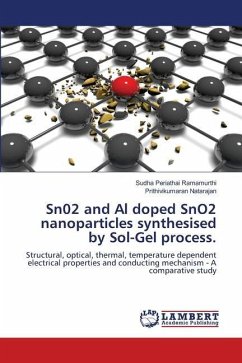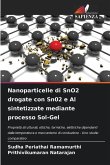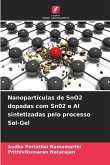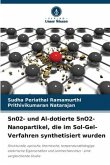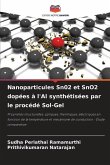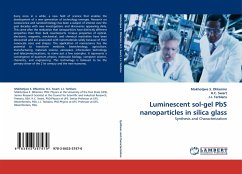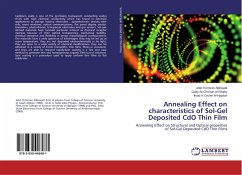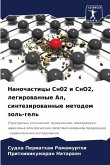Metal oxides, such as ZnO, CdO, SnO2, and Al2O3, have been a subject of research interest for decades due to their unique properties. SnO2 is an active material in device fabrication, and its properties can be improved by adding dopants, such as Tb3+, Eu3+, Mn2+, and Al3+. This study focused on the addition of aluminum, as it has a similar ionic radius to tin and is abundant on Earth. The researchers examined the structural, optical, thermal, and electrical properties of pure and Al-doped SnO2 nanoparticles, with doping concentrations ranging from 0.2 wt% to 4.0 wt%. Adding dopants decreased the crystallite size and affected the band structure, which in turn impacted the electrical and dielectric properties. The electrical properties of the Al-doped SnO2 nanoparticles could be fine-tuned for use in capacitor industries. The researchers also discovered that undoped SnO2 had the highest conductivity, while Al-doping reduced the dielectric constant and dielectric loss values in a specific frequency range, making it suitable for certain device applications. Overall, this study provides valuable insights into the properties of SnO2 and how they can be tailored for specific applications.
Bitte wählen Sie Ihr Anliegen aus.
Rechnungen
Retourenschein anfordern
Bestellstatus
Storno

